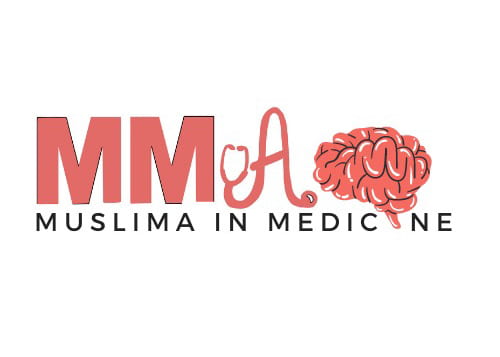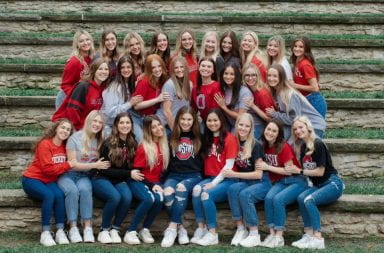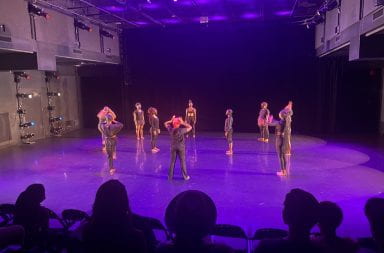
The Muslima in Medicine Association provides undergraduate Muslima — female follower of Islam — resources to help them attend medical school and pursue careers in medicine. Credit: Courtesy of Aylah Khan
Through a new student organization, Ohio State students are combatting the stereotype that Muslim women don’t belong in medicine.
The Muslima in Medicine Association provides undergraduate Muslima — female followers of Islam — resources to help them attend medical school and pursue careers in medicine, Ilayda Sen, president and co-founder of the organization said.
Sen, a second-year in neuroscience, said she started the organization in February because she noticed a lack of resources for female Muslim pre-med students.
“We want to provide a space for Muslim women to bolster themselves as applicants to medical school,” Sen said. “I feel like there’s a lot of competition between people, and we just want a peaceful space where we share resources and support each other to our best potential.”
The organization provides volunteer and research opportunities, help with Medical College Admission Test preparation and advice from Muslima medical students and professionals, Sen said.
Aylah Khan, vice president and co-founder of the organization and a first-year in neuroscience, said the organization also aims to bridge the Islamic faith and medicine together and help Muslim women aspiring to be physicians to practice medicine in a way that resonates with Islam.
Sen said Muslims have contributed many things to medicine, such as Al-Zahrawi’s development of procedures and tools for surgery and Ibn Sina’s writings on psychotherapy, lower-body paralysis and managing strokes.
But Sen said she thinks Muslim women are underrepresented in medicine. According to the Institute of Social Policy and Understanding, a research and education organization around American Muslims, there are about 50,000 American Muslim physicians, making up about 5 percent of U.S. physicians. In a survey sample of 531 American Muslim physicians taken by ISPU, women made up 116 — about 22 percent — of those participants.
Muslim women have practiced medicine for centuries, such as Rufaida Al-Aslamia, the first Muslima nurse and recognized in Islam as the first female surgeon, Sen said.
Khan said the stereotype that Muslim women are oppressed by their faith shouldn’t discourage those who want to study medicine and should acknowledge their rights in Islam to follow their passions.
“Muslim women aren’t different from anyone else,” Khan said. “There’s always room to teach other people and let them learn about your faith, values and what is true, and how arising Muslim women in medicine have falsified misconceptions and show other people that they are doing what they love, that they do have rights.”
The Muslima in Medicine Association’s first meeting will take place Thursday from 6-7 p.m. via Zoom. The session will discuss the organization’s plans and April events.
Sen said anyone with questions should email [email protected].


